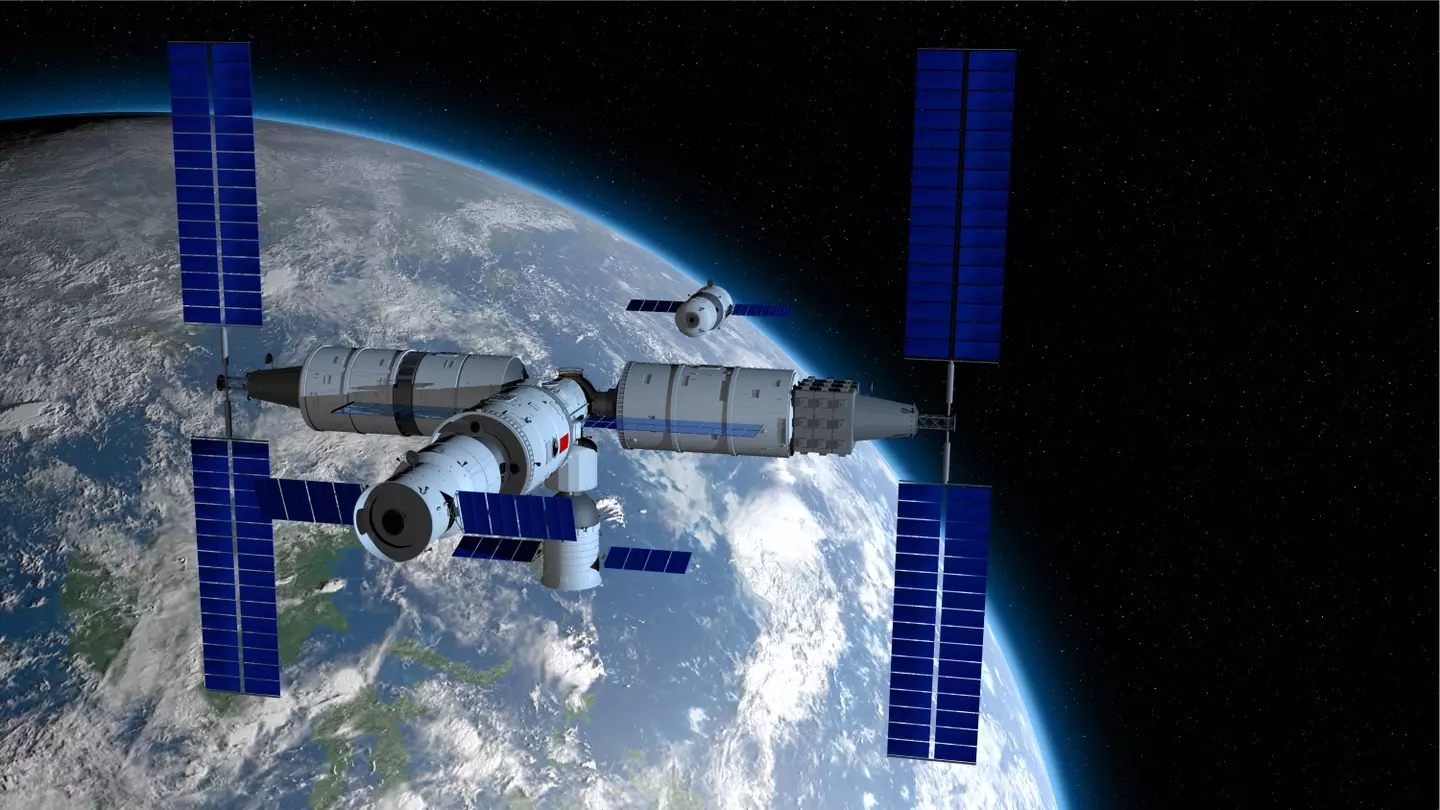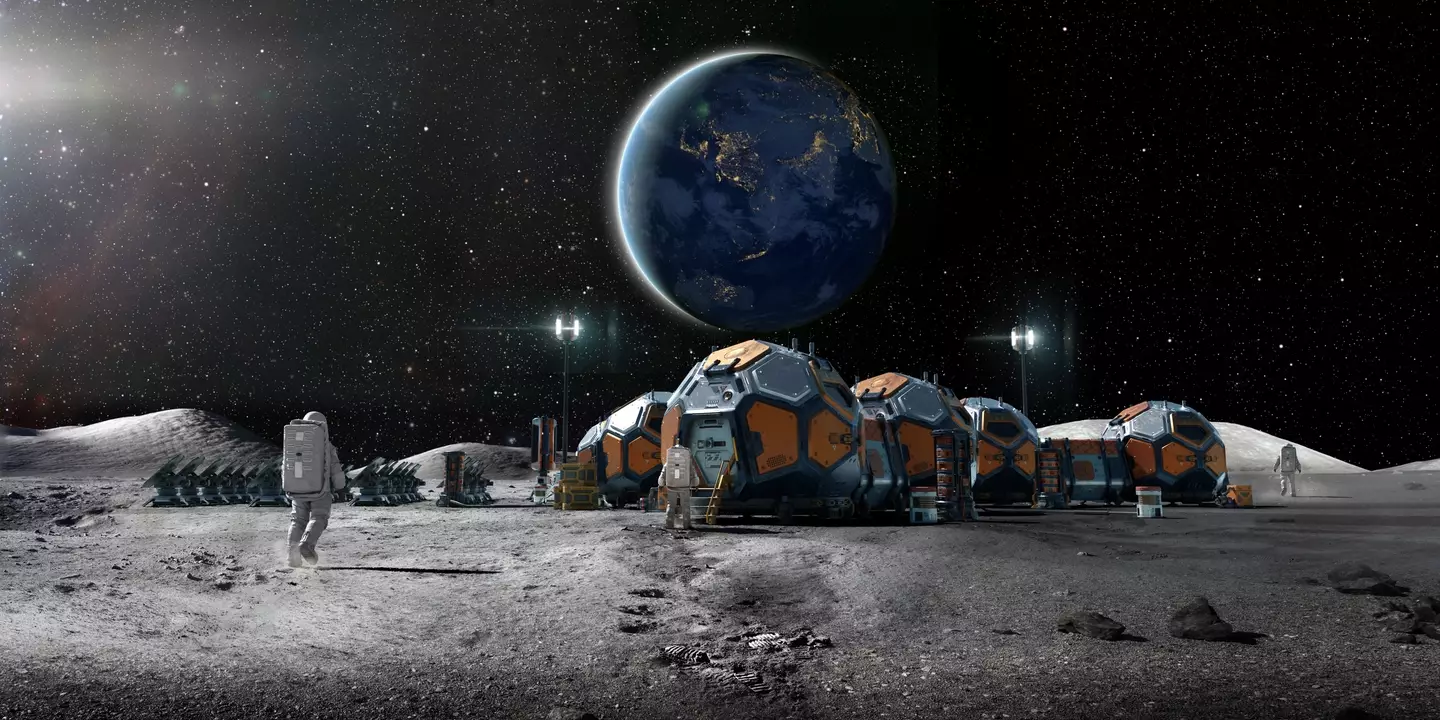A trio of astronauts who have been in orbit around Earth for over six months find themselves stranded in space due to an ‘unknown’ piece of debris that hit their spacecraft shortly before their planned return to Earth.
The three members aboard China’s Tiangong space station were scheduled to commence their 260-mile journey back home on Wednesday, November 5, after successfully handing over responsibilities to a new crew on October 31.
However, the team from the Shenzhou-20 mission, consisting of Wang Jie, Chen Zhongrui, and Chen Dong, are currently unable to leave the Tiangong station. The China Manned Space Agency (CMSA) delayed their departure when the capsule was ‘suspected of being impacted by small space debris.’
The low-Earth orbit area has accumulated a significant amount of space debris over the last fifty years, including inactive satellites and remnants of rockets. Experts approximate that China, the United States, and the former Soviet Union have all contributed to the over 130 million fragments now orbiting Earth at high velocities.

It is suspected that the crew’s return capsule suffered damage while attached to the space station, though the full extent of the damage remains unclear. The CMSA has informed the public that an ‘impact analysis and risk assessment are underway’ to ensure the safety of all six astronauts aboard the Tiangong, which launched in 2021.
The Shenzhou 20 mission astronauts now face uncertainty concerning their return timeline, as damage to any part of their spacecraft could lead to a decision to send the capsule back unmanned. The spacecraft comprises three sections: a propulsion system, living quarters, and a return module with a parachute, as detailed in reports from Ars Technica.
Although the CMSA hasn’t specified when the debris collision occurred, no problems were reported earlier in the week during the transition to the Shenzhou-21 mission. This newer crew even marked a milestone by cooking the first chicken wings in space using a specially-designed zero-gravity oven.

If Jie, Zhongrui, and Dong determine their return capsule is too compromised by debris, they are not expected to endure a prolonged wait for rescue, unlike NASA astronauts Suni Williams and Butch Wilmore, who spent nine extra months on the ISS awaiting retrieval.
Instead, the Chinese astronauts will likely utilize the return capsule intended for the Shenzhou-21 crew, as reported by Reuters. This contingency plan is part of the fail-safe measures set for the Tiangong, which involves dispatching a replacement spacecraft for the new crew’s return trip.
The delay will mean that Chen Dong, the commander of the Shenzhou-20 mission, extends his record as the longest-orbiting astronaut from China, surpassing 400 days in space. However, he remains far behind Russian cosmonaut Oleg Kononenko, who amassed 1,111 days in orbit.

